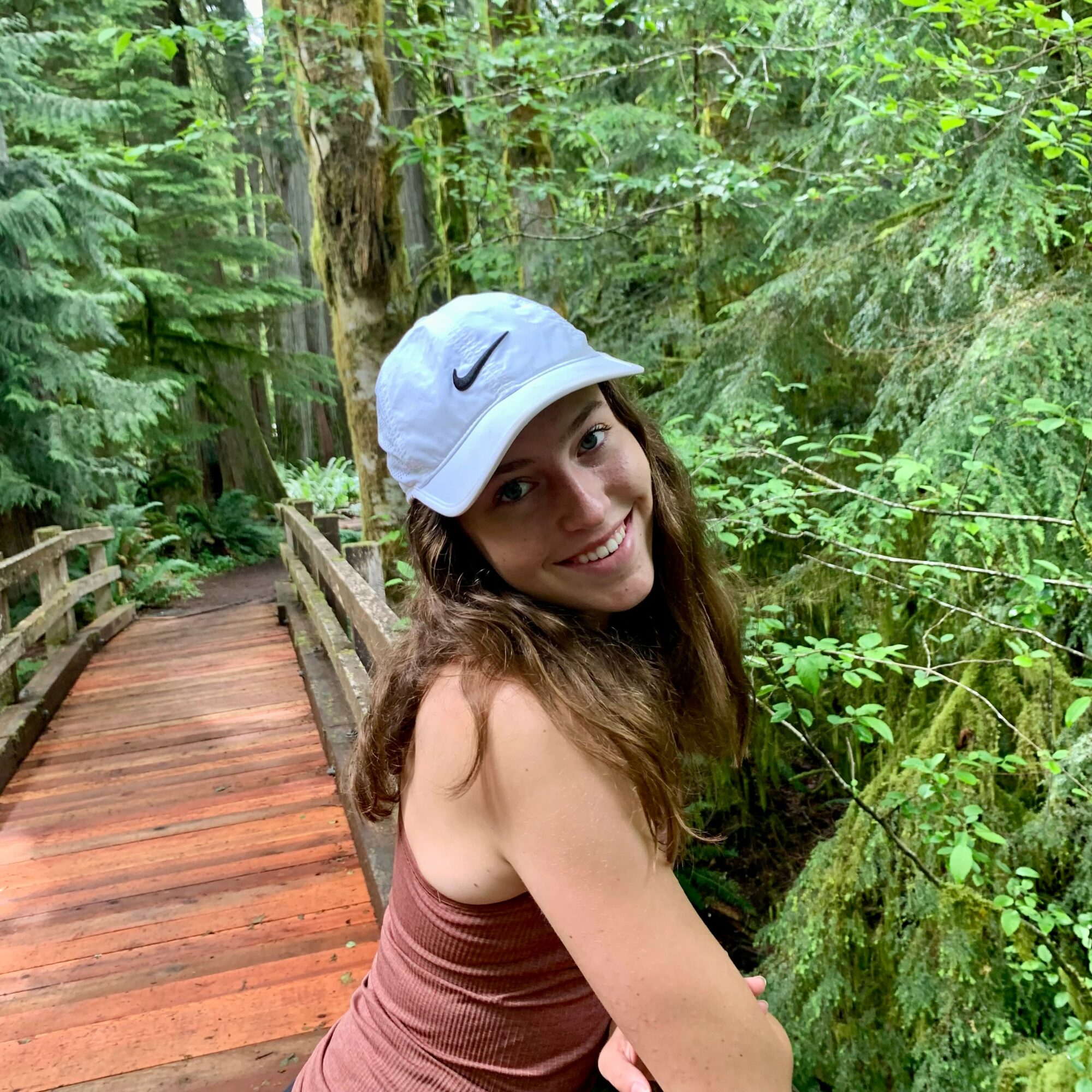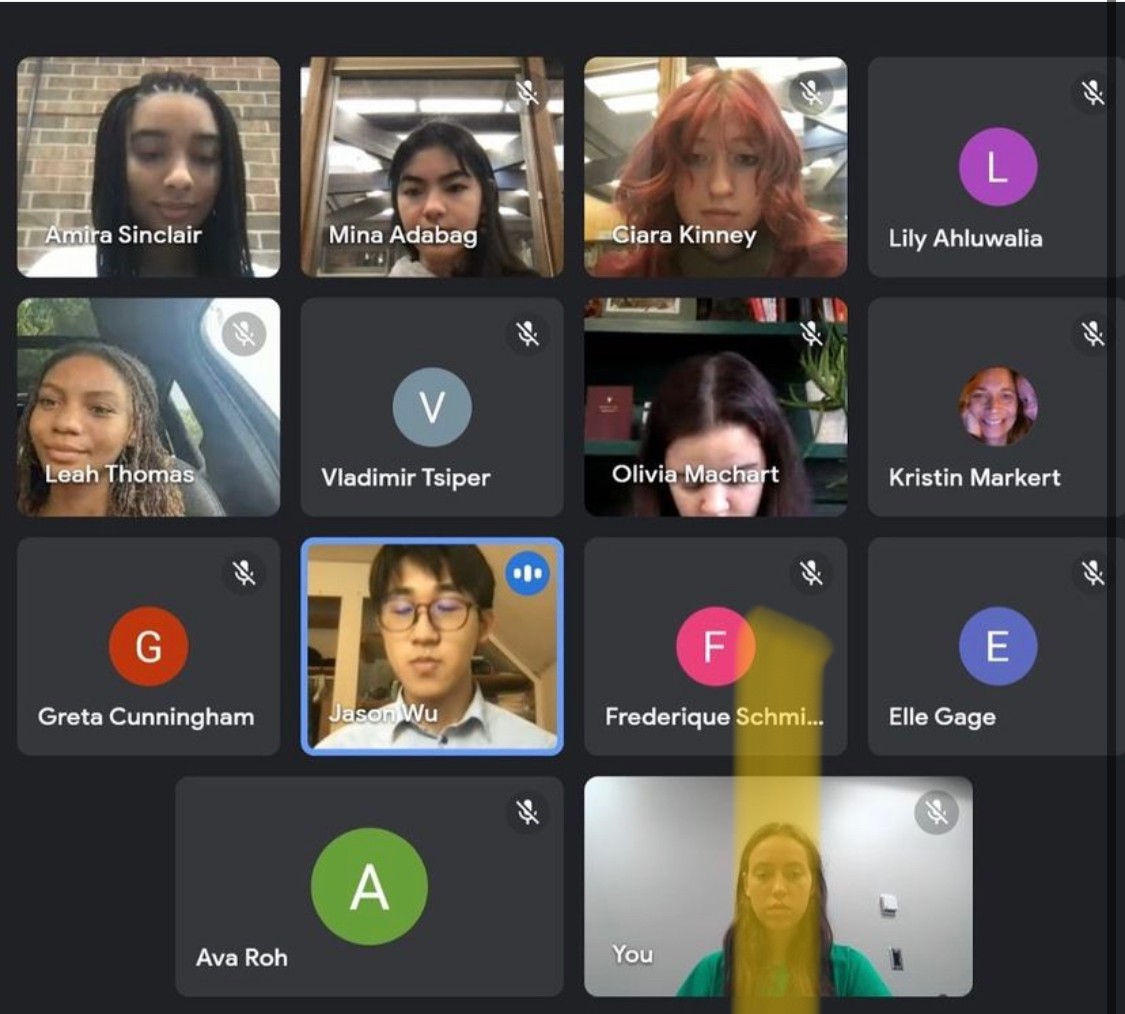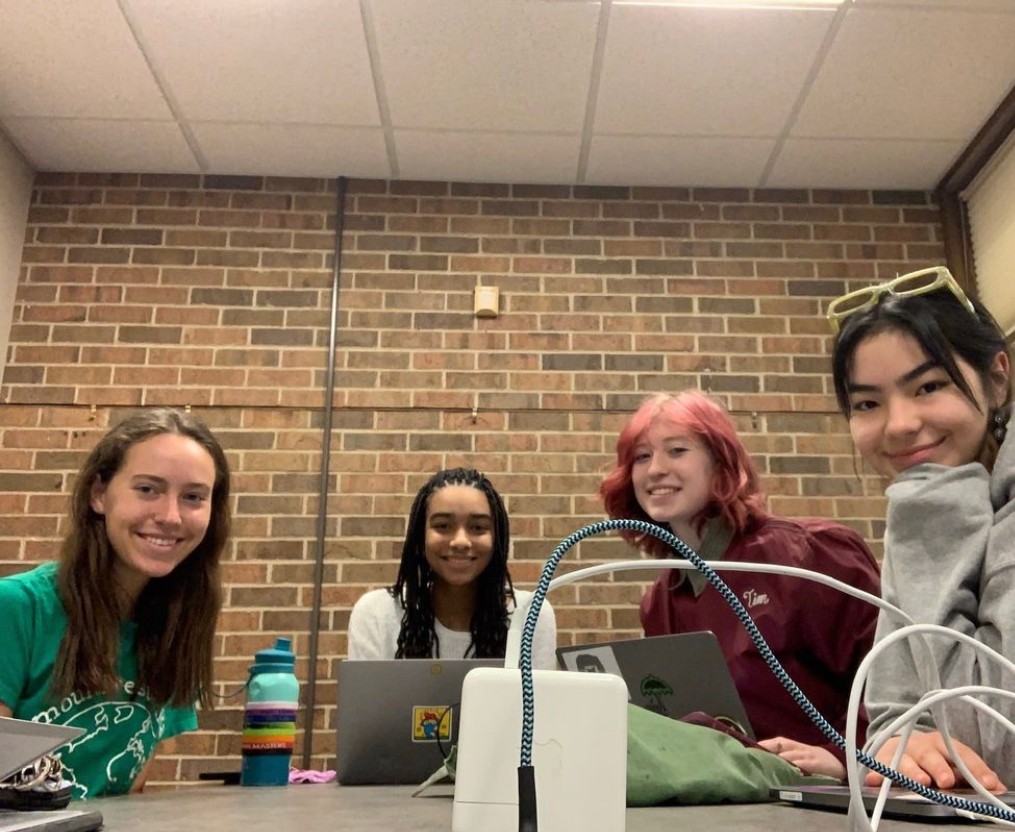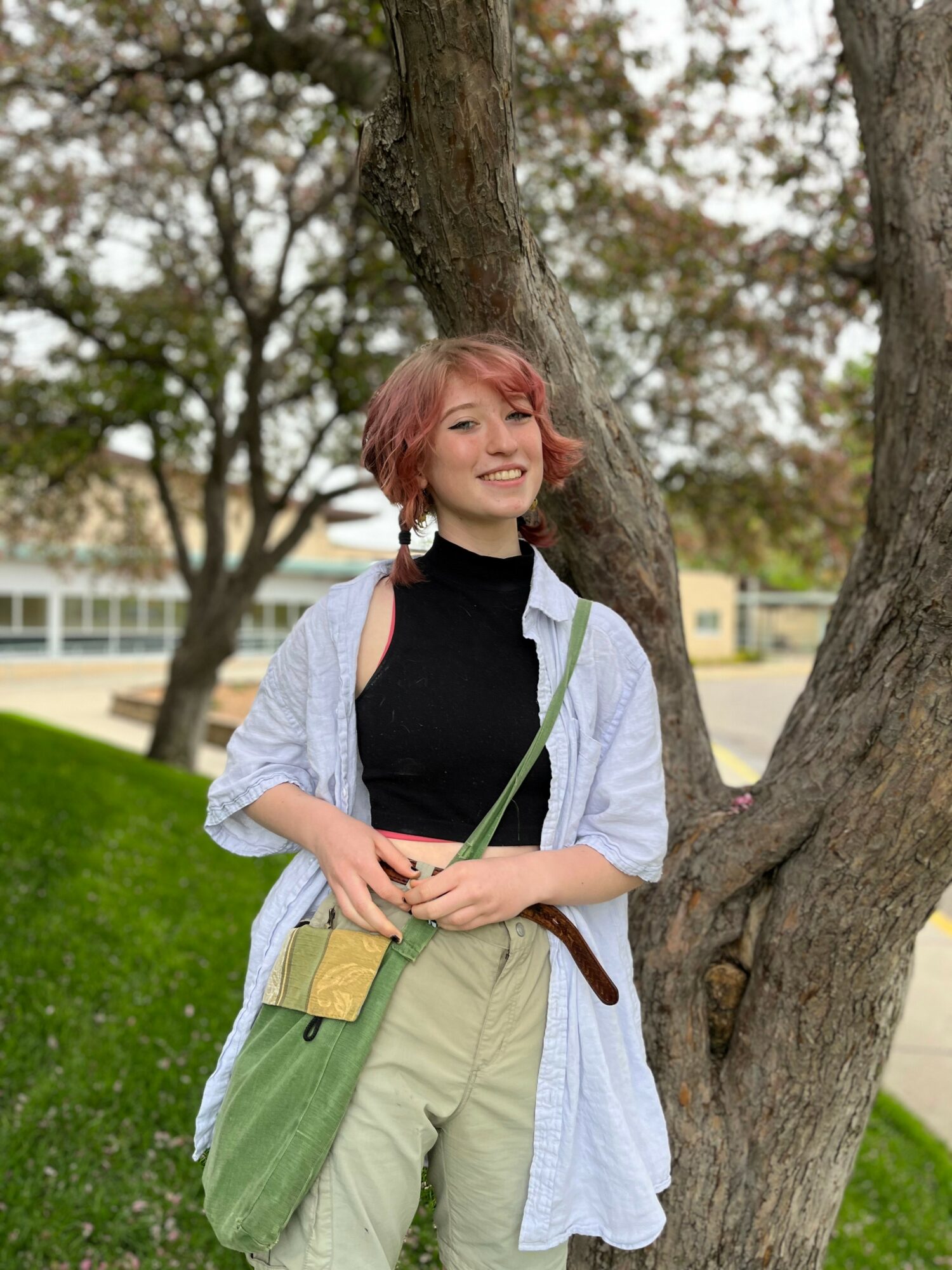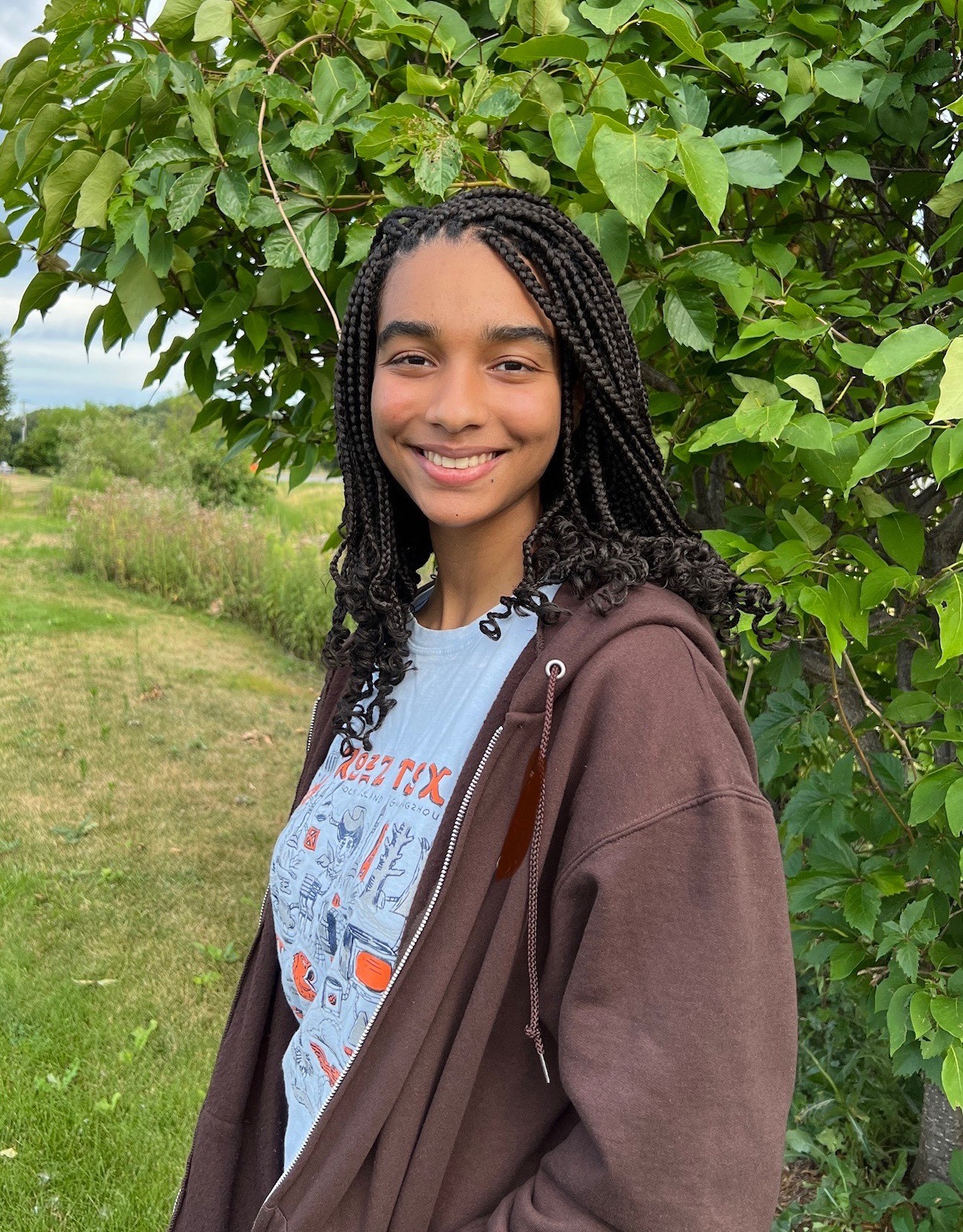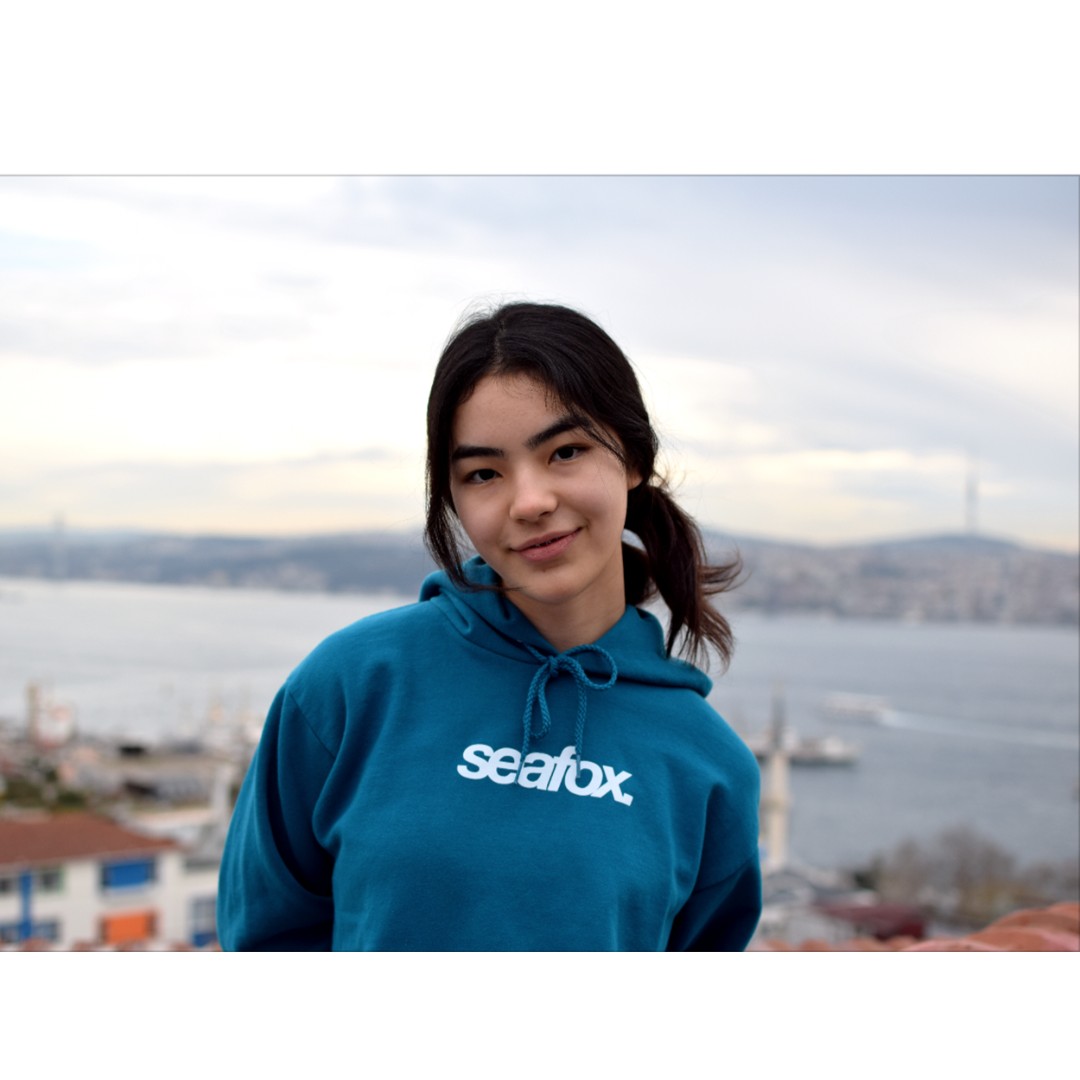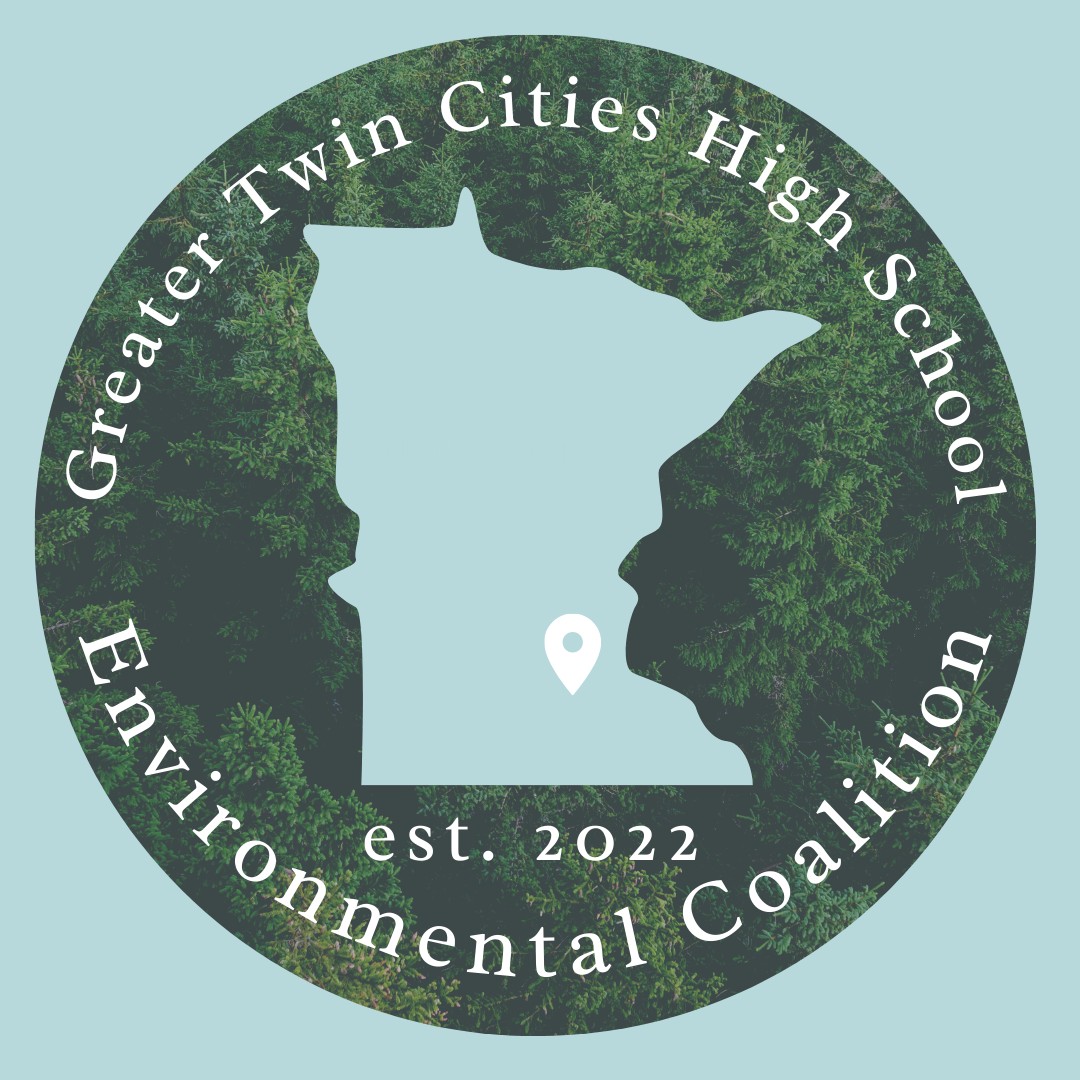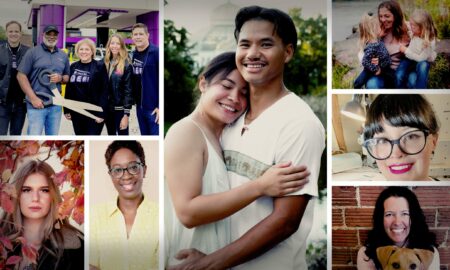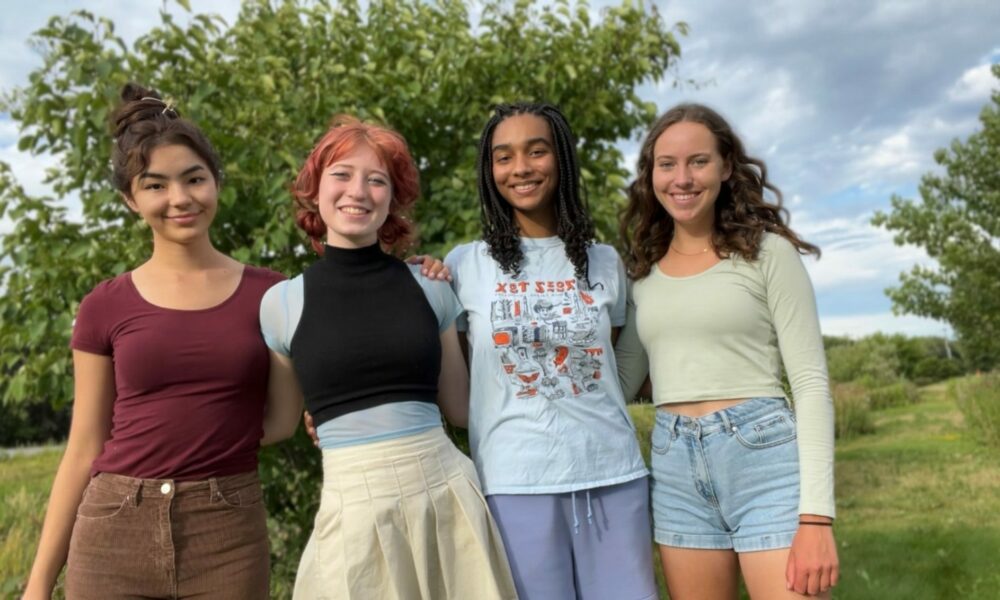

Today we’d like to introduce you to GHEC (Greater Twin Cities High School Environmental Coalition) Environmental Coalition.
Hello GHEC (Greater Twin Cities High School Environmental Coalition), thanks for sharing your story. To start, maybe you can tell our readers some of your backstories.
The 4 GHEC leaders have been passionate and active in climate change and environmental justice. We all are members of our school’s environmental groups. Laura has attended a few YEA! (youth environmental activists) MN climate summits and Mina has been a part of the Earth Echo Youth Leadership Council. We got in touch with each other over email and set up a meeting to discuss how our environmental groups could work together. We determined that it can be hard to know what to do as a high school environmental group and that we shouldn’t limit this connection to just Mound and Breck – we should expand it to surrounding high schools. Thus, we created GHEC – or Greater twin cities High school Environmental Coalition. Our mission is connection and collaboration between high school environmental leaders to strengthen and diversify sustainability and climate justice. Since then, we have had brainstorming sessions and communicated with other high school groups via a GroupMe chat where we sent tips and ideas, a book talk with a book called The Intersectional Environmentalist by Leah Thomas, and book clubs on that book. We are planning a conference for this fall!
Alright, so let’s dig a little deeper into the story – has it been an easy path overall, and if not, what were the challenges you’ve had to overcome?
A primary struggle that we have faced has come through the Pandemic. Social media activism has become increasingly prominent as people could not meet in person. While this is positive in some aspects, we have found it difficult to engage people past this. As it becomes safer to interact in person, we are planning exciting events where youth leaders will be able to collaborate directly. This will mitigate the emotional disconnect that virtual meets brought, though they were necessary amid COVID.
Alright, so let’s switch gears a bit and talk business. What should we know about your work?
We are a group of high school students passionate about environmentalism and environmental justice. Our goal is to create a space for high school environmental clubs across the greater twin cities to communicate, share knowledge, and collaborate on events. As leaders of our respective school’s environmental clubs, we faced many common challenges. We believe that having a place where we can talk to other students with similar goals will be helpful in both increasing the productivity of many school clubs and implementing long-lasting change in their communities. In addition to this, we recognize the power of presenting a united front. The power we have together is much greater than the power we hold alone. We plan to use this collective energy to organize events such as an in-person conference this fall and possibly climate strikes in the future. We currently have 27 schools involved and are working to increase engagement further and have more clubs join.
What do you like best about our city? What do you like least?
The public library system is special in our hearts as it is often the site of in-person meetings. We have access to wonderful public spaces and resources throughout the city, which we are grateful for. Additionally, the amount of inspiring local youth advocates is integral to the Twin Cities. A 2019 study at the University of California, Berkeley found that Minneapolis and St. Paul are among the top 50 most segregated cities in the nation. Minneapolis has one of the most racially segregated school systems in the country. With a long history of systematic oppression, schools have vastly different resources based on their locations. This means a huge disparity exists between students’ resources and opportunities regarding climate action.
Additionally, low-income people of color are impacted disproportionately by climate change. Through redlining and other forms of systematic racism, air pollution, environmental contamination, and other significant public health emergencies are targeted toward neighborhoods with more POC. It is part of GHEC’s mission to focus specifically on intersectional environmentalism. This means bringing attention to and acting on the interconnected social issues of discrimination and the environment, among other things.
Contact Info:
- Instagram: @ghenviro.coalition
- Youtube: https://www.youtube.com/channel/UCKhmTP92L-u0VNbQ7_D7TxA/featured
